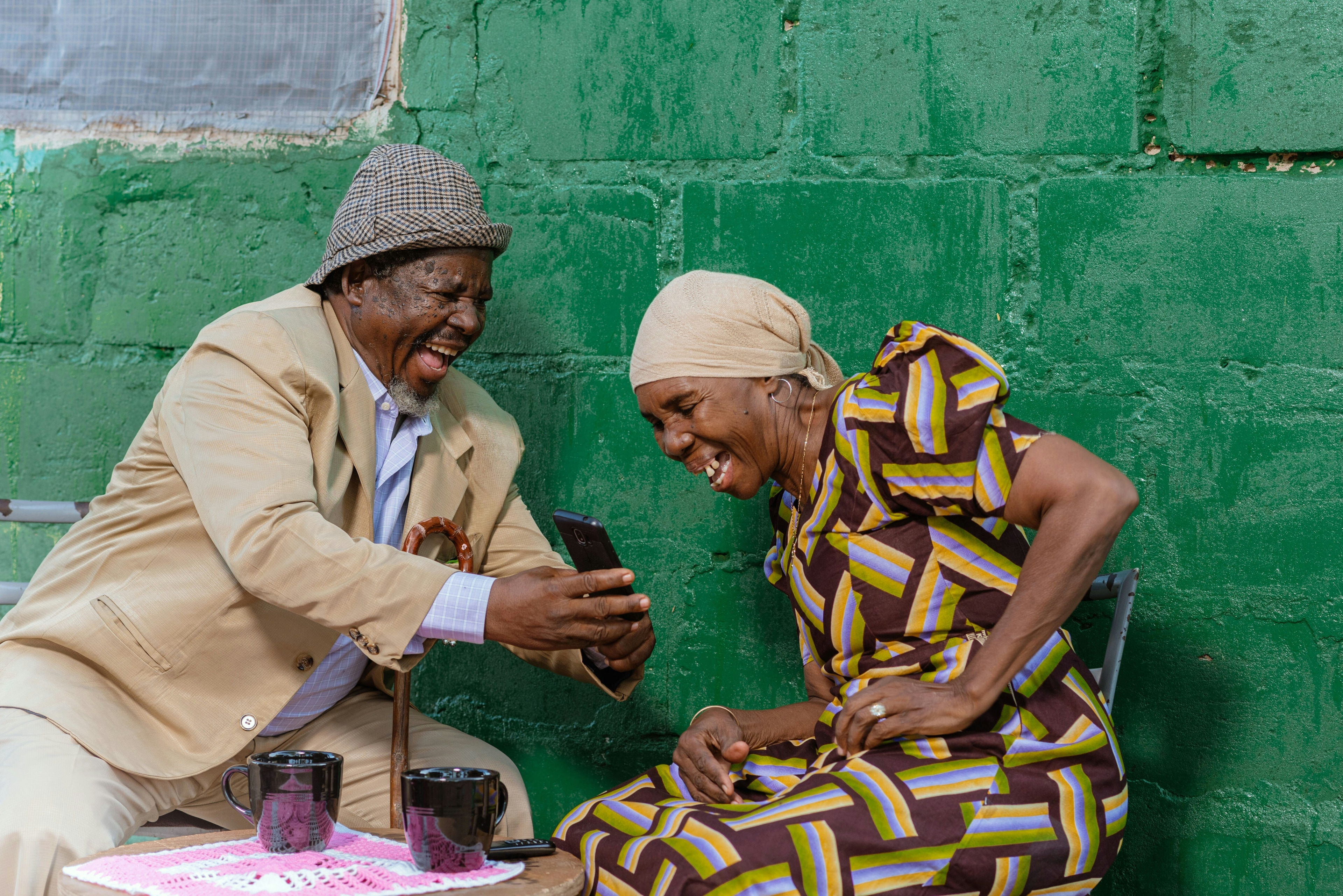Why it's time to take a break from your screen

Compared to 10 years ago, we spend a lot more time glued to our computers, phones, tablets and televisions.
Image: REUTERS/Dado Ruvic
Stay up to date:
Human Enhancement
How many hours of the day do you spend staring at a screen? Come up with a number. It's probably more than that.
Adam Alter, a psychologist at New York University, has spent the last five years studying the effects screens have on our lives and how much time they steal from us.
At TED 2017, he presented his results in three charts. He pointed out that the reason we always feel like we have no free time is because we literally don't.
Compared to 10 years ago, we spend a lot more time glued to our computers, phones, tablets and televisions. In 2007, we spent a relatively small amount of our free time looking at screens, but in 2017, they take up nearly all of it.

In the charts, the blue sections show the time we spend asleep, at work, or on "survival" activities like eating and washing. The amount of time we dedicate to these hasn't changed much in a decade.
It's the red area that is the most interesting — the time in front of screens where we play games, read the news, watch shows, or scroll through social media.
Alter said in his talk that screens "rob us of stopping cues," which are signals that remind us to move on. The distraction and entertainment is constant, unlike a newspaper which finishes when you reach the end. Instead, there is no obvious time to stop — so we don't.
He added that we spend about 9 minutes a day on apps that leave us feeling good, like those relating to weather or our health. That's considerably less time than the 27 minutes on average we spend on apps that "make us feel worse" like gaming, news apps, or Tinder.
The solution, Alter suggested, is we set out phones aside at specific times to try and un-learn old habits. Basically, we are addicted to our screens and limiting their use will feel like a form of withdrawal.
"You get used to it," Alter said. "You overcome the withdrawal like you would with a drug, and life becomes more colorful, richer."
Don't miss any update on this topic
Create a free account and access your personalized content collection with our latest publications and analyses.
License and Republishing
World Economic Forum articles may be republished in accordance with the Creative Commons Attribution-NonCommercial-NoDerivatives 4.0 International Public License, and in accordance with our Terms of Use.
The views expressed in this article are those of the author alone and not the World Economic Forum.
Forum Stories newsletter
Bringing you weekly curated insights and analysis on the global issues that matter.
More on Wellbeing and Mental HealthSee all
Hannes Klöpper
August 26, 2025
David Ebube Nwachukwu and Adam Skali
August 25, 2025
Margarita Louis-Dreyfus
August 22, 2025
Maha Hosain Aziz
August 20, 2025
Chavalit Frederick Tsao
August 19, 2025
Shyam Bishen
July 17, 2025






